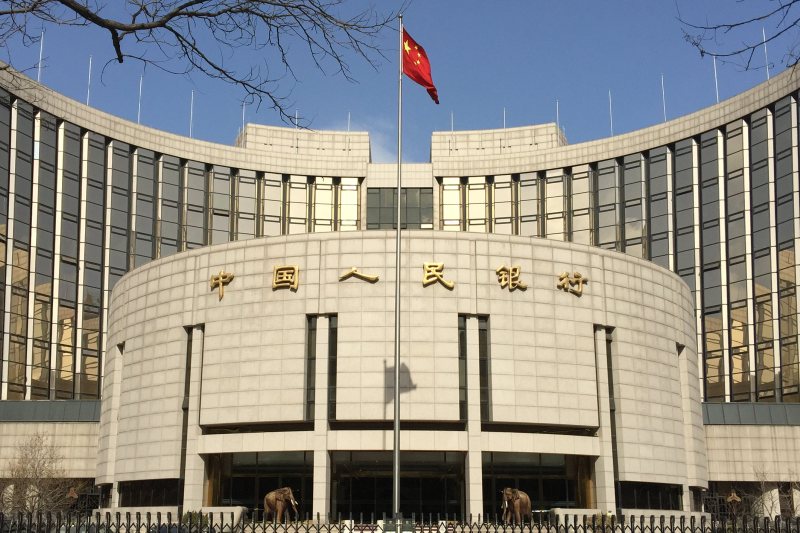
Similarly to other central banks, China’s central bank has taken another swipe at bitcoin (BTC), stablecoins and “private digital currencies” – claiming that they have inherent potential “risks that threaten financial security.”
At a recent press conference, Fan Yifei, the Deputy Governor of the central People’s Bank of China (PBoC) since 2015, responded to a question about cryptoassets from a reporter.
Per Sina Finance, Fan answered that cryptoassets have “become a speculative tool” that carry “potential risks that threaten financial security and social stability.”
Fan added that crypto had also “become a payment tool for money laundering and illegal economic activities.”
And he added that the “so-called ‘stablecoins’ issued by some commercial organizations – especially the global stablecoins,” could “bring risks and challenges to the international monetary system and the payments and settlements system.”
USD-backed stablecoins are highly popular in China, where they are often used to buy BTC and altcoins, while companies like Facebook – which has its own global stablecoin-related plans – could be affected by the PBoC’s stance.
Fan concluded that the PBoC was “still quite concerned” about the issue, hence its recent actions. He did not rule out further measures, but also took the opportunity to play up Beijing’s own alternative to the crypto markets – the digital yuan.
The PBoC claimed that plans to take the token to the next stage in time for the Beijing Winter Olympics next year were in place, although it stopped short of claiming that a full national rollout would have been completed before the games begin in February.
To compare, in June, the Bank for International Settlements (BIS) said that “it is clear” that cryptoassets are speculative assets rather than money, used in many cases for financial crimes. At the same time, the BIS is preparing the ground for central bank digital currencies (CBDC), saying that they “open a new chapter for the monetary system.”
Meanwhile, Sino Global Capital’s Sally Wang and Cheeseman, the FTX exchange’s head of over-the-counter and institutional sales, provided some analysis in a piece for the FTX blog and published by Techflow, writing that “cryptocurrencies, especially bitcoin, are a challenge for Beijing because their use means the PBoC cannot track the flow of funds.”
“The PBoC has always been very concerned about the risk of instability in capital outflows. […] You could describe China’s recent policy changes as a ‘state attack’ on Bitcoin. Its survival would prove its durability,” the authors said.
“Under the stricter restrictions of the Chinese government, major Chinese exchanges like Huobi and OKEx are seeing declining volumes. Make no mistake: The Chinese crypto landscape has changed profoundly in a very short period of time,” Wang added on Twitter.
At 07:24 UTC, BTC trades at USD 33,224 and is down by more than 4% in a day and 5% in a week.
(Photo : Twitter)

